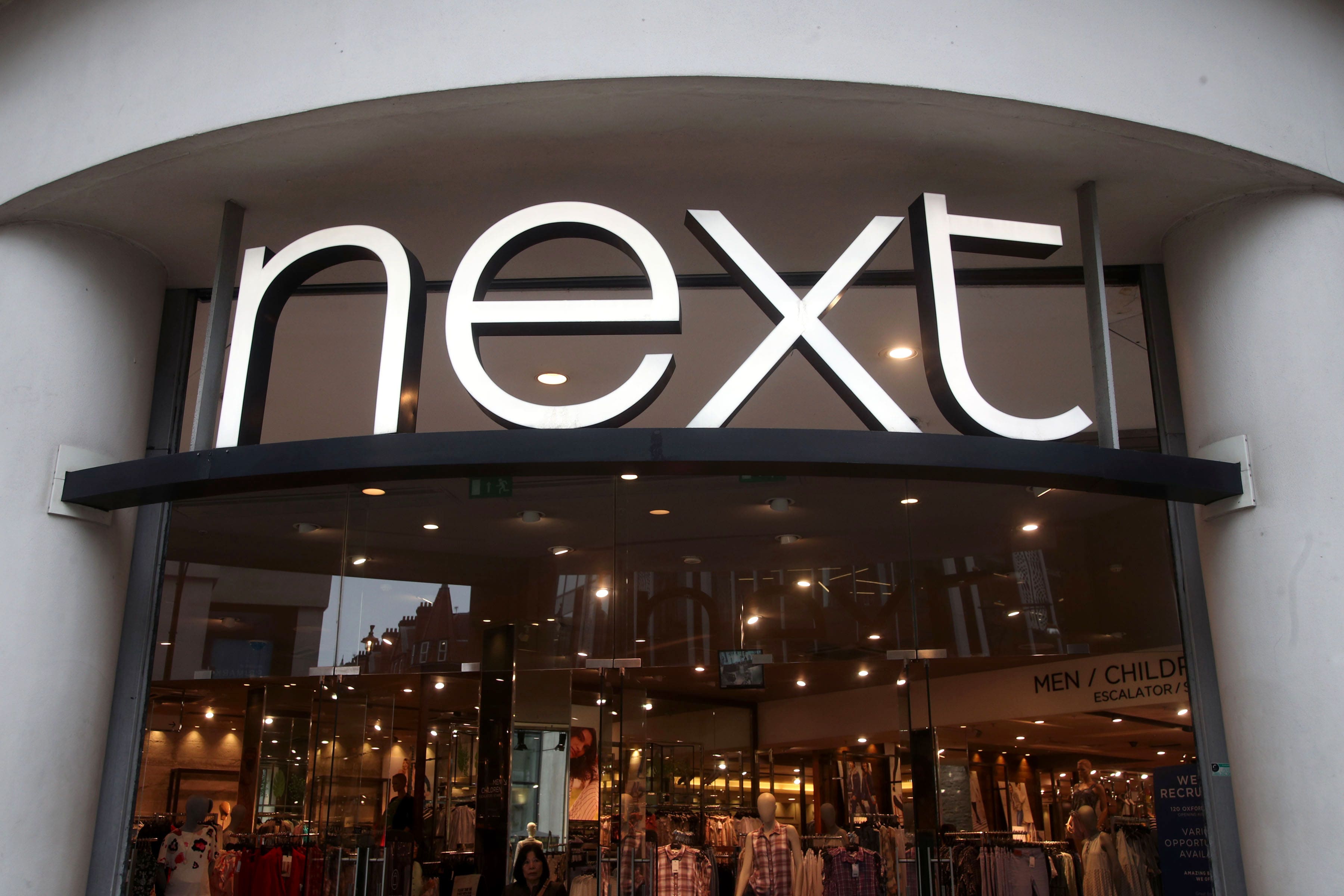Next, B&M, Greggs deliver new year treats. How are they defying the cost of living crisis?
Economist Simon French noted that the savings built up by better-off Britons during the pandemic remain ‘largely intact’. If this latent spending power is now being deployed, could it ease the downturn, asks James Moore


Judging by the dire predictions that fell like snow in December, the pre-Christmas cold snap never thawed on planet retail. The freezing wind was supposed to chill January’s post-Christmas trading statements, too.
Except that it didn’t happen – at least, not in the case of the early movers. Next, B&M and Greggs instead delivered some new year treats. Up to a point.
The first of that trio, often seen as something of a bellwether, reported sales up 4.8 per cent against last year, £66m better than its previous guidance of a 2 per cent fall. The company added £20m to its full-year profit guidance and said it was clearing stock faster than expected in its sale.
True, it wasn’t all snow angels. The group is intending to push through price rises averaging 8 per cent during the spring/summer season, and 6 per cent over autumn/winter. Another off-note came via Next’s forecasts for the coming year, during which CEO Simon Wolfson expects sales and profits to fall.
Those price rises, to maintain the group’s margins, are one very good reason why the Next train may slow. Consumers can easily find cheaper hoodies. On the other hand, Next’s forecasts are habitually cautious. Wolfson has made a virtue of under-promising and over-delivering throughout his tenure. Investors think Next will do better than he does. They gobbled up the shares, which headed skywards.
There was scant sign of expectations management at B&M, the “variety” retailer, which positively gushed about its performance over the year’s “golden quarter”, reporting a 12.3 per cent rise in revenue and a 6.4 per cent increase in like-for-like (based on stores open at least a year) UK sales.
CEO Alex Russo hailed the company’s “strong momentum” while reporting “good performance across all B&M UK categories” and an “excellent sell-through in key general merchandise ranges”. Yowza!
Not to be outdone, Greggs turned in an 18 per cent increase in fourth-quarter sales, and a 23 per cent rise over the full year.
The latter pair weren’t toasted by investors with the same gusto as Next was, but it should be noted that their respective shares had been doing rather better in the interim.
All this poses a question: what on earth is going on? Isn’t the UK economy in a trough? Languishing in recession? What about all that inflation? Cost of living crisis, anyone?
A couple of points: it is early days. There will clearly be some laggards, even casualities, coming. It should also be noted that the above trio are all high-quality operations. The sort of businesses one would expect to weather a downturn better than most.
However, last month I wrote about why the downturn mightn’t be as bad as some fear. In the process, I spoke to Simon French, an economist and the head of research at broker Panmure Gordon. French noted that the stock of savings built up by some more fortunate Britons during the pandemic remains “largely intact” and exists as “latent spending power”.
While more data is required, we could be seeing signs that at least some of that spending power is being deployed. UK consumers have propped up UK plc in the past. This suggests that there may yet be a chance of them ameliorating the downturn, even giving Jeremy Hunt and Rishi Sunak an unexpected boost they really don’t deserve.
The flip side to this is that while better-off consumers might have a reservoir of “latent spending power” to deploy, plenty of Britons don’t have any. While the more fortunate can use their savings to ease the pain of the cost of living crisis, others are being drowned by it.
Even if the economy does do better than expected through the course of the year, we shouldn’t forget about that.






Join our commenting forum
Join thought-provoking conversations, follow other Independent readers and see their replies
Comments